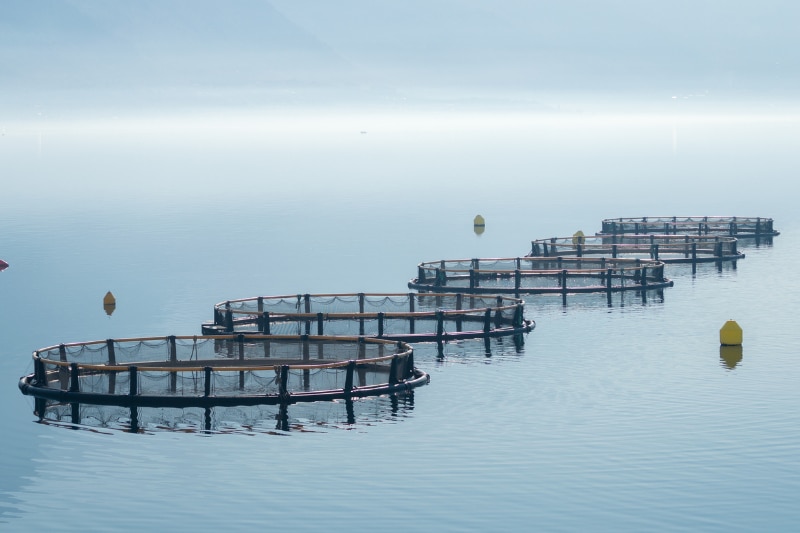Singapore’s “30 by 30” vision aims to enhance food resilience by sustainably producing 30% of the nation’s nutritional needs by 2030, addressing vulnerabilities caused by over-reliance on food imports. In response, the Singapore Food Agency (SFA) introduced the Singapore Aquaculture Plan (SAP) in 2022 to revolutionize the aquaculture sector. This initiative focuses on increasing and optimizing aquaculture spaces, promoting advanced farming practices, and boosting research and development to enhance seafood production.
A collaborative approach involving stakeholders from various sectors – including industry, academia, nature groups, and government agencies – has been pivotal in reshaping aquaculture. Since October 2023, these groups have worked together to balance environmental needs with industry demands, aiming to scale up production while considering ecological sensitivities and competing sea space uses. Two sub-committees have been formed to focus separately on sustainable practices and industry capability enhancement, progressing towards strategic alignment on key development principles.
Significant strategies under SAP include the adoption of cutting-edge technologies such as Closed-Containment Aquaculture Systems (CCAS), which promise increased resilience against environmental risks and improved sustainability. The government plans a phased approach to support industry growth, manage transformation risks, and ensure commercial viability. The initiative also emphasizes collaborative solution development, leveraging shared facilities and infrastructure like the Marine Aquaculture Centre (MAC) to foster innovation and sustainable growth. The updated SAP, incorporating these collaborative insights, is expected to launch in the latter half of 2024, marking a significant step toward achieving Singapore’s aquaculture aspirations.
Key existing strategies under SAP include:
- Optimizing Aquaculture Spaces: The Singapore Food Agency (SFA) plans to launch new sea spaces on extended 20+10-year leases, starting with a sea space tender at Pulau Bukom in January 2024 for a Closed Containment Aquaculture System (CCAS) farm, to provide farmers with a longer timeframe to amortize investments in sustainable farming systems.
- Enhancing Industry Practices and Technology: SFA has released an industry guide for sea-based farms and conducted workshops to educate prospective farmers on regulatory requirements and best practices. In addition, the introduction of the Aquatic Animal Health Services (AAHS) in August 2023 aims to strengthen farm biosecurity and disease control.
- Investment in Research and Innovation: Over SGD 300 million (USD 220 million) has been allocated to the Singapore Food Story R&D Programme to foster research in aquaculture and related fields. The AquaPolis Programme, launched in November 2022, aims to enhance collaboration between local and international research entities and industry partners to develop sustainable aquaculture technologies.
- Formalizing Research Collaborations: The signing of the AquaPolis Agreement in November 2023 between SFA, the National University of Singapore, and Temasek Life Sciences Laboratory sets a formal structure for the AquaPolis Board, emphasizing shared commitments to innovate and advance the aquaculture sector in alignment with Singapore’s ‘30 by 30’ vision.
- Boosting Local Produce Offtake: In February 2023, the Alliance for Action (AfA) was established to increase consumer demand for locally sourced fish and produce, aiding the commercial viability of aquaculture farms. This initiative has led to the creation of a supply and demand aggregator managed by the Singapore Agro-Food Enterprises Federation (SAFEF), which has facilitated long-term purchasing contracts and consistent supply to retailers.
(Sources: Singapore Food Agency; Ministry of Sustainability and the Environment)

